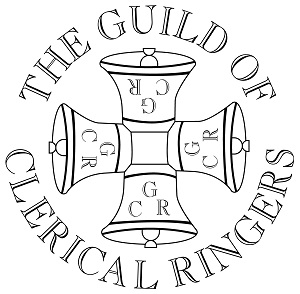The Thursday traditionally falling after Trinity Sunday (which this year was Sunday 12th June) sees the observance of the feast of Corpus Christi or the Body of Christ. The feast is in honour of the Holy Eucharist or Communion and commemorates its institution. According to some accounts its origins date from the earlier part of the thirteenth century following the visions of a nun at Liège. It was officially established by Pope Urban IV in 1264 and gradually its observance became universal throughout Western Christendom. The celebration, as the title would suggest, is associated with the commemoration of Jesus’s Last Supper with his disciples before his crucifixion. In the Church of England it is usually referred to as a Day of Thanksgiving for the institution of the Holy Communion. The Gospel reading for the day (this year it is the 16th June) is often taken from John 6.51-58:
I am the living bread that came down from heaven. Whoever eats of this bread will live for ever; and the bread that I will give for the life of the world is my flesh …
Another passage often read also on this Day of Thanksgiving is taken from the Apostle Paul’s First Letter to the Corinthians 11.23-26 where he describes that which he received from the Lord and is now handing onto the young Church in Corinth … how the Lord Jesus on the night he was betrayed took a loaf of bread and a cup of wine and instructed his disciples to eat and drink the same in remembrance of him. In v26 Paul teaches the Corinthian Church that they now should do likewise: For as often as you eat this bread and drink the cup, you proclaim the Lord’s death until he comes (v26).
The receiving of the bread and the wine in Holy Communion is a sacramental act for the Christian – a sacrament being an outward and visible sign (here the bread and the wine) of an inward and spiritual grace. And although we cannot view our ringing of church bells exactly as a sacramental act, it has occurred to me more than once that there may be parallels to be considered. For the sound of the bells pealing out into the neighbouring community is distinctly an outward and visible sign, especially prior to an act of worship. However, they may not only signify loudly a summoning to join in with that worship. For in the public soundscape the bells ringing out may also connect with or help recall within at another and deeper level, for the few or many, the spiritual presence of God’s free flowing grace and love available to all.
Jon Rose,
Guild of Clerical Ringers
